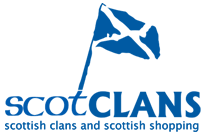Spelling Differences
Spelling Differences among names are usually trivial no matter how much pride a person has in a particular version. Most of our ancestors were illiterate until recently, especially if they were Gaelic speakers. Most Gaels were not taught to read or write their own language. In contrast with English, Gaelic speakers place more emphasis on the spoken language than on the written form. This means that Gaelic spelling is constantly being modified to match the spoken form, Irish in 1948 and Scottish Gaelic in 1982. However, there are constant revisions and up-dates. In addition, Gaelic speakers did not need nor use family names until they began to interact with the English speaking culture. The Gaelic naming system is quite different and either shows a person’s lineage or some personal attribute. “Donald of the race of Donald”. “Donald, Son of John”, and “Donny Little” all might be the same person.
Land holders were known by the name of their holdings — “Locheil”, “Corriemony”, “Keppoch”.
Most persons first had their names written for them by others — ministers, school masters, government officials or ship captains. These people wrote as they heard the name., often differently from one time to the next.
In modern spellings one can find the second part of the surname capitalised or in lower case, “MacDonald” and “Macdonald”. This style was adopted in the nineteenth century to distinguish between a person who was actually the son of a man named Donald (Mac Donald) or one of the general clan surname (Macdonald). This soon lost its meaning.





